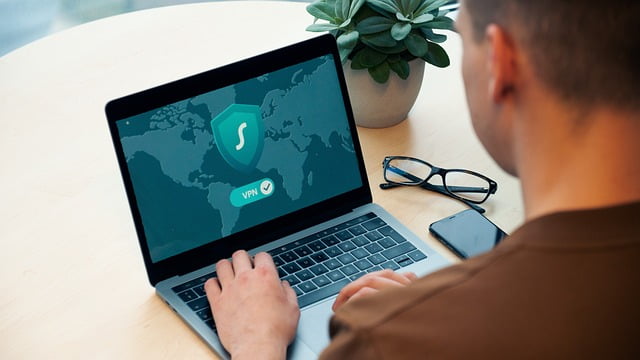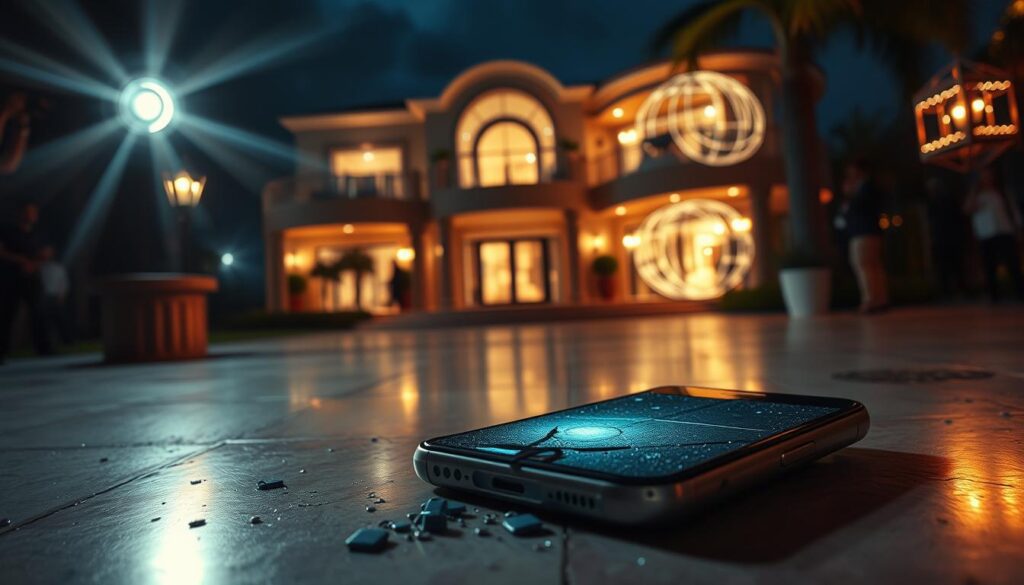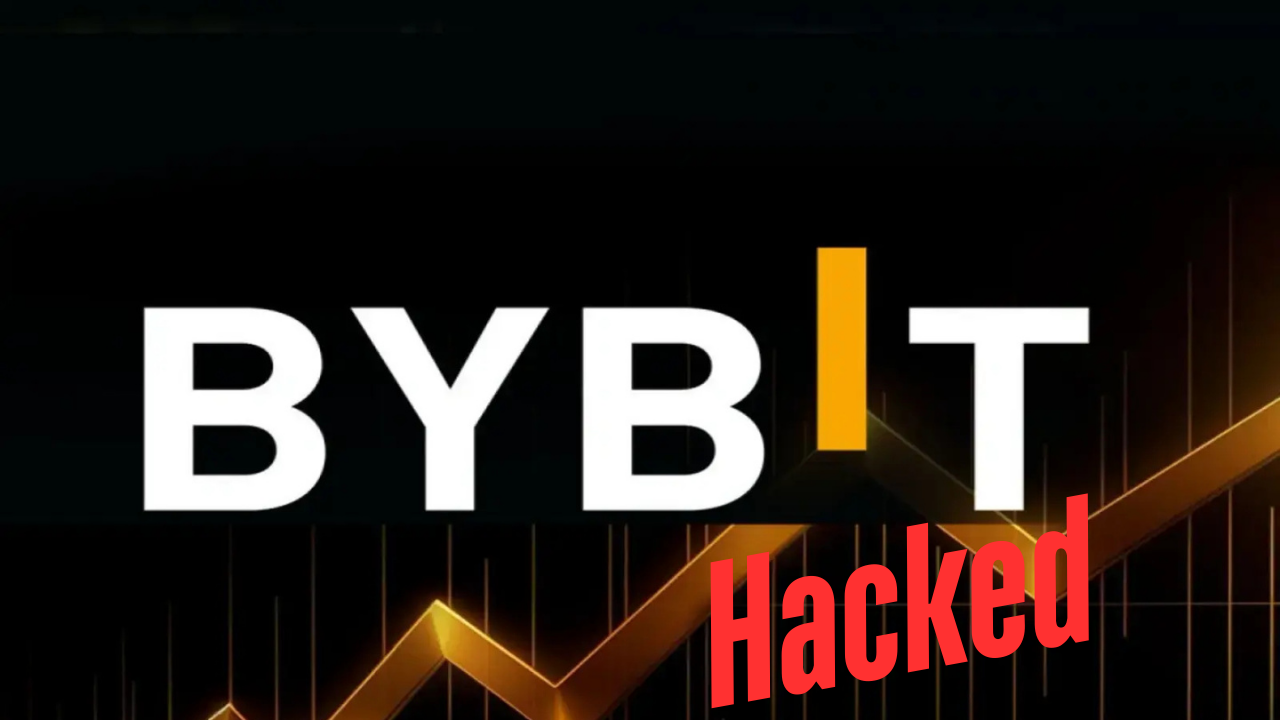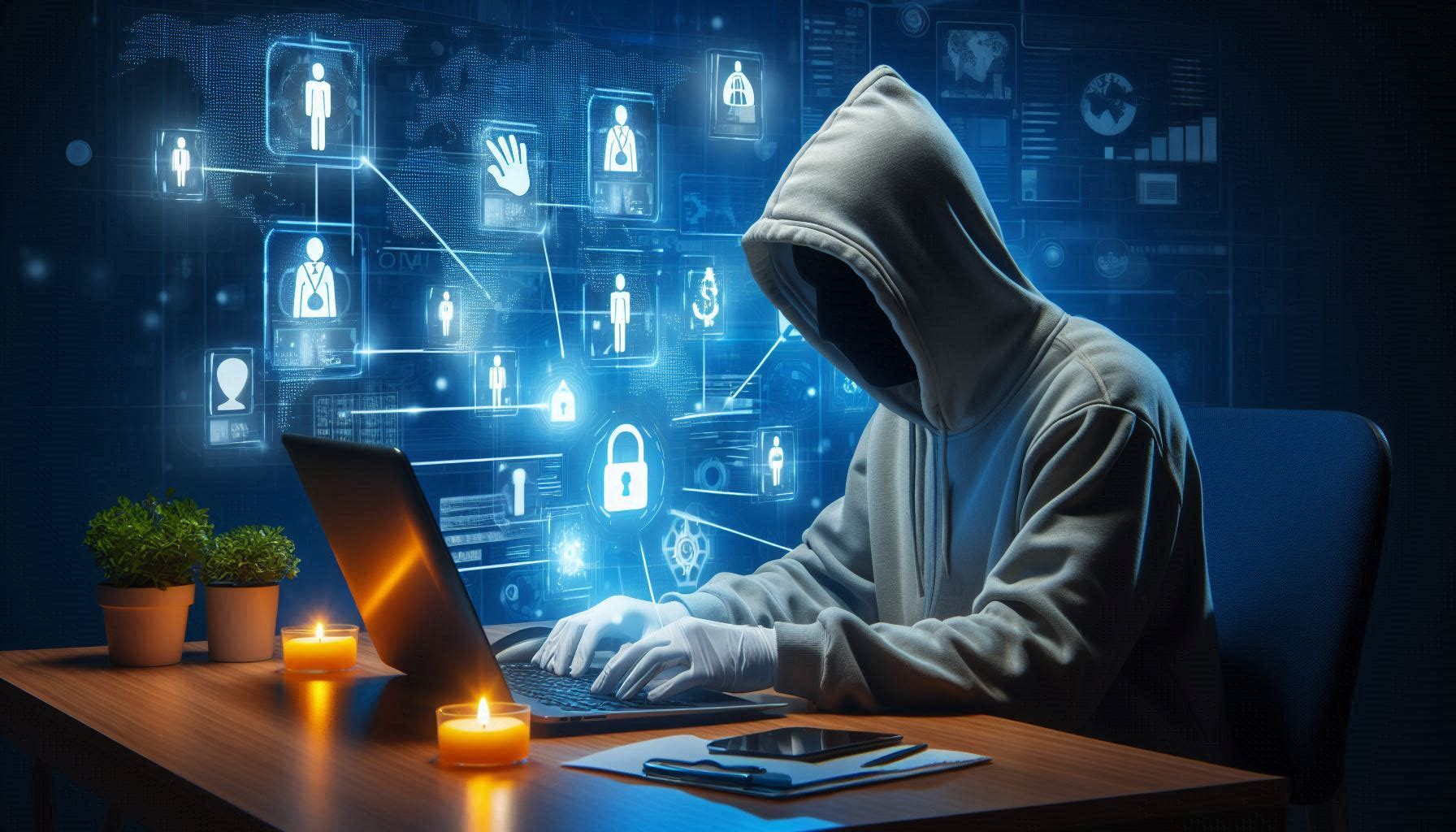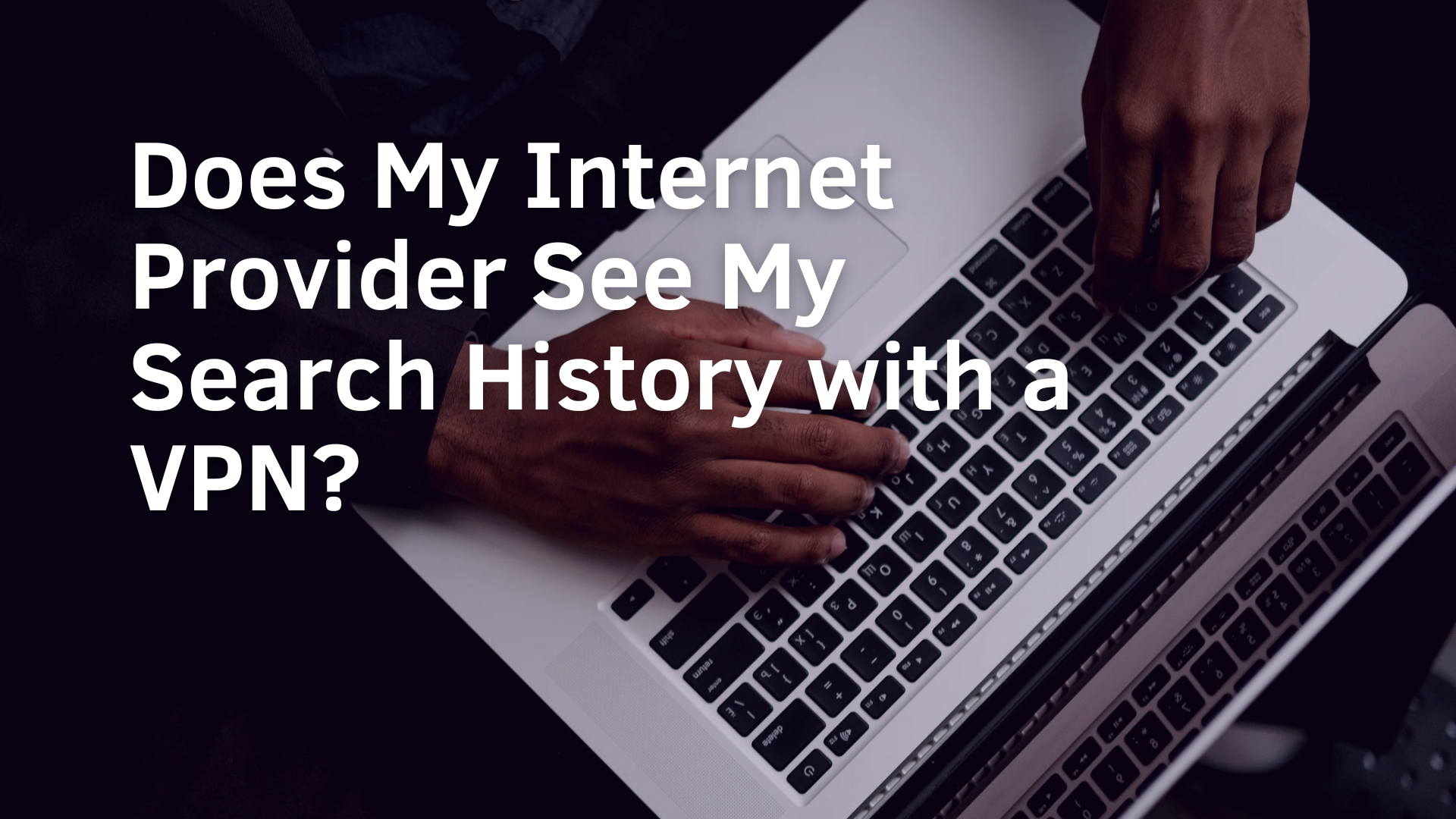Stop Everything! Are You Still Using These 5 Dangerous Online Habits?
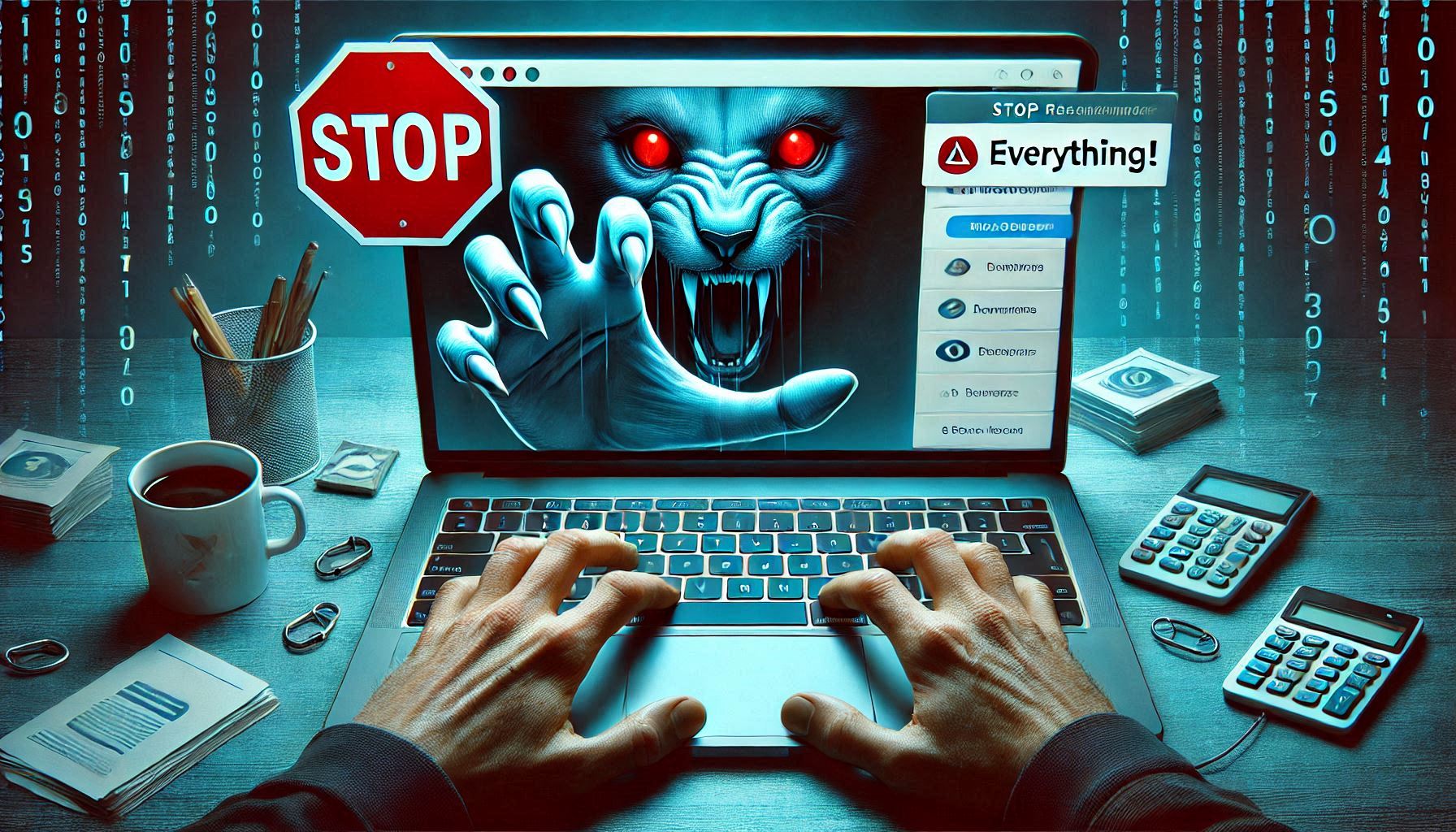
Many of you may not be aware that as per current stats, 43% of the Americans have been victims of cyber crimes in the last one year. This indicates why it is high time to sleep dangerous internet practices. Everything can endanger our security and privacy today, even walking around a nearby park.
The major risks include poor password complexity and over sharing on social networking sites. That a person should be aware of the dangers accompanying usage of the internet as usage increases. In turn, measures need to be executed to guarantee safety of the digital lives.
Key Takeaways
- Each year millions of Americans fall victims of cybercriminals emphasizing the need to combat dangerous behaviors online.
- Cινetheless, some of these activities that may appear innocent during the course of the day are very dangerous for the security of a person as well as his or her data.
- The threats that lurk behind the screen for individuals and organizations necesitate knowledge to be able to prevent them.
- In the modern society permeated with a vast number of connections it is crucial to take measures to enhance safety and security of the internet.
- Asyncronous to the above factors eradicating risky use of social media can assist in improving the health of users together with their data.
The Hidden Dangers Lurking in Your Daily Online Activities
These and other activities that are a part of each person’s day in today’s connected world poses certain threats. Perhaps we do not pay much attention to these activities, but the hackers consider it as vulnerabilities. They can use whatever actions to bring harm to us again.
It is very risky to share personal information in social media. It looks innocent, yet it can be beneficial to cyber attackers. They use this info to make profile and do some con us.
Another risk is using free Wi-Fi without being careful. It puts our devices and data on the table for hackers to exploit. They get logged into fake hotspots and the moment they do that they put their info out there.
| Risky Online Behavior | Potential Consequences |
|---|---|
| Oversharing on social media | Targeted social engineering attacks, identity theft |
| Using unsecured public Wi-Fi | Data breaches, malware infections, financial losses |
| Clicking on suspicious links or attachments | Malware infections, data theft, financial fraud |
| Neglecting software updates | Vulnerability to known security exploits, data breaches |
Of all the threats lurking in our digital existence, quite a few can only be defined with a considerable degree of ambiguity. But, the harm can be big. In this way, people can learn about the risks on the internet and how to avoid the dangers which threaten them.
Are You Still Using These 5 Dangerous Online Habits?
Today, it is possible to jeopardize our data, private lives as well as the security of the computers and mobile devices we use. Still, it is crucial to understand how all these rather ordinary things are dangerous to us. It is in these habits that we can be unsafe in the real world.
Understanding the Impact on Personal Security
Unsafe behaviors online can cause a lot of issues. These are identity theft, fraud and even possible physical attacks from the persons whose data have been stolen. People’s data protection and their privacy when using the Internet may be at the mercy of cybercriminals.
Common Misconceptions About Online Safety
Quite a number of people believe they are immune to digital risks, but in actual sense, cybersecurity risks are universal. If you don’t take online safety seriously you can easily become a target. This can lead to very dangerous consequences.
Real-world Consequences of Poor Digital Habits
Failure to intervene on data protection and online privacy can lead to big issues. These include; financial losses, mental health problems and legal ramifications. We have to recognize these risks as important is important to address.
In the next parts of the article, five risky internet behaviors will be described. We will also let you know how you can help terminate these habits. This will help protect your digital safety.
Why Your Password Habits Could Be Your Biggest Vulnerability
Today, password management, data security, and cutting cyber threats are relevant to every business. However, that does not seem to deter most individuals from continuing to put up with the issue of secure passwords. Using an ordinary or the same password anywhere else makes your personal information vulnerable to risks.
A big mistake is that many users enter simple and obvious data, such as birthdays or pets’ names. These passwords are literally a window left wide open for hackers to come on in and take what they want. It is easy with them for people to gain unauthorized access to your accounts.
- It is advised not to use any personal details in the password.
- Avoid using such synonyms which will likely be featuring in the current standard compassionate dictionaries.
- Find use for a password manager to help create and save countless secure passwords for all your necessary accounts.
Usually, creating those complex passwords may not be easy at all, but it is better to do it. Compliance to good password practices enhances your data integrity as well as security. Small effort for a large safety gain it may be worthwhile for individuals and businesses to conduct background checks themselves.
“Weak passwords are the low-hanging fruit for cybercriminals, and they’re often the easiest way to gain access to your sensitive information. Prioritizing password security is one of the most effective steps you can take to safeguard your digital life.”
Your passwords are your defense. Give them the care they need to protect your information from hackers.
| Weak Password | Strong Password |
|---|---|
| password123 | Tz@Qx8Jk2#Hn9Lm |
| birthdate | Ap8Ij!Mw7Qs9Nx |
| petname | Yf3Bz#Cv6Dw2Qr |
The Truth About Public Wi-Fi Networks and Your Data
These days public hotspots are common and we use them to connect to the internet. However, these networks can be a huge threat to our internet security, privacy and security of information. The risks need to be known and our valuable data has to be safeguarded.
Hotspot Security Risks
Wi-Fi is publicly available, which means you and your device put your valuable data at risk. They can also get our passwords, financial details, and so much more. Also, the public places could have viruses that endanger our gadgets is an issue that public spaces pose.
VPN Protection Essentials
The best way to protect oneself while on public Wi-Fi is to use a Virtual Private Network (VPN). As a result, a VPN establishes a secure connection with the internet that does not reveal our activity. Our data is then protected by good VPN service especially while using public way.
Safe Public Internet Usage Guidelines
- Do not log in to delicate accounts anytime you find yourself connected to public Wi-Fi.
- It’s also important to devise an additional layer of protection, turn on two-factor authentication.
- Beware of station that may harbor NHG data theft devices or might hack them to control our charging.
- Maintain up-to-date anti virus software, and use a firewall on your personal computer or notebook.
- The best way to prevent your internet connection from being snooped on is to engage the services of a VPN.
With these risks of public Wi-Fi in mind and these tips, we are safe when using the Internet. We can have internet connection anywhere we are, without any compromise to our internet security or privacy.
Social Media Oversharing: A Gateway for Cybercriminals
We are all proud owners of various social media accounts through which hackers reap big in today’s society. Posting all aspects of our lives on the web can compromise our Web 2.0 privacy and data security. Even those hacker goofs they so love to use our social engineering attacks, information we share here, all are there.
So, posting something as simple as pictures from our vacations orsharing a snapshot of our day can build a comprehensive image of what we do. This information can be used by hackers in regard to sending us a fake email, steal an identity of one of us or even physically threaten one of us. The more people engage in it, the more people are likely going to be deceived by these negatives.
- Sharing ones approximate birth date, address, or contact information puts one at a high risk of identity theft and con artists.
- It’s bad to share the times when you are not at home because this makes it easy for a burglar to break in.
- Stalkers for example can easily locate where you are most often based on your posts.
In order, therefore, to protect our on-line privacy and data we must learn to put our brains before our clicks. One can be very lucky not to fall a victim of such incidences by being wise when sharing things on social networks.
“The more you share online, the more you risk exposing yourself to potential harm.”
This must, however, be cordoned with the fact that we have free will and personalities on Social media which translate to the type of security we post/I interact with. It is important to identify these threats and learn how to avoid them when deciding what contents to publish on-line.
Clicking Without Thinking: The Psychology Behind Phishing Success
Cybersecurity has a huge issue with phishing scams. Very often they employ our psychology to manipulate people. Understanding why these scams work is the best form of combating them.
Common Phishing Techniques
Phishers exploit the very things that humans cannot resist – trust, curiosity and ability to act rapidly. They look like our friends, they make up an urgent situation, or they offer something in return. The intent of these tricks is to make us take decisions swiftly without involving the rational mind.
Red Flags to Watch For
- An email sender address or the domain name that looks strange
- Any message that asks for personal details or insists that one take some specific action.
- Use of an awkward or a general salutation
- Mentionable errors may include; Grammatical errors Incorrect spelling conventions Formatting errors
- That seemingly link or are attached embedded links that appeared to be dubious
Building Digital Awareness
Staying safe online is very important, Likewise, Yes training strongly aids, more importantly, staying current on scams assists greatly. It also creates a secure environment of internet acquaintance.

Phishing and the effort taken to understand the issues and protect ourselves is helpful almost all the time. It makes our cybersecurity and internet safety stronger.
The Dangerous World of Unsecured IoT Devices
The checklists in today’s world make our homes and lives connected by smart devices and applications. Some of them are voice assistants and home security cameras. As is convenient, they pose great threats to internet safety, data security and cybersecurity.
This makes unsecured IoT devices very vulnerable to hackers to exploit. Many have weak passwords. The devices can allow cybercriminals into the network when hacked and compromise your data and the control of your devices.
Also, ordinary IoT devices with defective firmware security are also vulnerable. These are defeat points through which cybercriminals can enter your system. They might steal your data or even hijack your devices toward some unpleasant intentions, such as DDoS attacks.
- As is the case with many unknown devices, unsecured IoT allows cybercriminals to penetrate your home network easily.
- A majority of IoT devices have outdated firmware and rarely receive software updates, meaning they are exposed to familiar vulnerabilities.
- The former is even more dangerous as hackers can use the vulnerability to corrupt your data or push your devices to perform certain actions they want.
| IoT Device | Potential Security Risks | Recommended Security Measures |
|---|---|---|
| Smart Home Assistant | Eavesdropping, unauthorized access to personal information, remote control of device | Use strong and unique passwords, enable two-factor authentication, keep firmware up-to-date |
| Security Camera | Remote surveillance, data theft, hijacking for botnets | Change default passwords, enable encryption, regularly update software |
| Smart Thermostat | Unauthorized access to home climate control, potential for energy theft | Use complex passwords, enable login notifications, monitor energy usage patterns |
For smart homes to be safe, what you need to is address issues of internet safety and data protection of your IoT gadgets. Draw strong passwords, type two authentication, and update devices often. They assist in securing your home & personal data from vulnerable IoT connected devices.
Why Two-Factor Authentication Is No Longer Optional
Cyber threats are really evolving in today’s digital world. Today, 2FA has become one of the primary means of how you can protect your data and your privacy online. It’s not an added bonus; it’s important because it helps safeguard your accounts and other personal information.
Modern Authentication Methods
2FA adds a new layer of security beyond just passwords. It can be:
- If you have not subscribed then you will be asked to enter a one-time code which will be either via an SMS or in an app.
- Fingerprints scan or face recognition as some of the biometric identification processes.
- Security keys also known as hardware tokens
- Notifications on a reliable mobile device
These methods make it easier for hackers to break into your accounts even when they hold your password.
Implementing 2FA Across Platforms
I like that setting up two-factor authentication is simple and has a huge overall impact on the security situation. Almost every web service that allows users’ interactions, such as social platforms, mail, or finance applications, provide 2FA. Some make it optional and others make it mandatory.
Even if you want to go an extra step further to ensure the protection of your data, you should enable 2FA on all your significant accounts. This single measure is likely to go a long way in preventing cases of intrusions and identity theft as well as other privacy cases.
“Two-factor authentication is no longer a nice-to-have feature – it’s a necessity in today’s digital world.”
Browser Security: Are Your Settings Putting You at Risk?
Our browsers in today’s world, are our doorway into the cyber space. They afford us a lot of information and information in the form of services. Nevertheless, the choices made when it comes to spaces can impact our safety and security with the internet as well as our privacy drastically. One must always ensure, the risks are set in the browser settings.
Browser extensions are the biggest risk factor. They can make our browsing better but have the potential of ruining our online privacy if regulated well. Peeping toms penetrate gaps in widely used add-ons to capture our data, La Torch reveals.
- Turn off and uninstall if not needed any more or appear to be malicious, browser extensions.
- As with any extension, use only those extensions that come from reputable developers or original sources, including extensions’ updates.
- To work with sensitive information close the additional tabs which indicate that the browser works in the “incognito” or “private” mode.
Our browsing history and cached data are also another problem. These features can even improve our browsing, but we should remember that the same characteristics can be used by cybercriminals. The most important thing to consider is where between easy and on the internet safety.
- This means that you should clear your browser cache, cookies, and browsing history now and then.
- Deactivate the “autofill” function; this provides your information to anyone.
- Use a toolbar option or a browser add on labeled “do not track” or “tracking prevention”.
Having some understanding of how browsers work you’ll be able to secure your online experience more effectively. There some small things that may help one avoid the dangers of fate out there in the online world.

The Real Cost of Ignoring Software Updates
In this modern society, cyber protection and the protection of data becomes very important. Software updates are very important and should be done regularly so that you avoid having all the following issues. Old software is vulnerable to malware threats which poses high possibility of losing your devices and valuable information.
It is not just inconvenience that firms that don’t update face. It is capable of resulting in a broader-scale penetration that leads to massive leakages of big data, huge losses and even identity theft.
Update Frequency Best Practices
As I stated earlier in my previous article, keeping your digital world safe means updating. According to the professional, one grows out of it as soon as possible. It secures your devices with the latest security and bug’ patch up.
Like this, you do not take risks from new vulnerabilities. It safeguards your Wirex activities as well as information.
Automatic vs. Manual Updates
- Automatic updates: They ensure that it is as simple as possible to keep one’s devices up to date. It really means there is nothing you can do . In this way, you do not miss some important update or an important breaking news.
- Manual updates: This method requires more of you but allows you to look at updates first. It’s useful for the people who want know what’s coming prior to it happening.
There is no need to worry whether you like your updates to be automatic or to happen manually. The suggestion is to always follow up cybersecurity and data protection for the latest measures on the market. It is preventive to protect your devices and information from malware dangers.
Digital Footprint Management: What You Need to Know
To be more specific, in present days it is extremely crucial to be as present on the internet as possible. It is more of footprint more like the digital footprints: social footprints, website footprints and so on. It’s very important that you safeguard your privacy and datum on the internet.
The first step is always recognizing how the digital you impacts you. Every piece of content you create whether a blog post, an image progresses you forward in the process of building your on-line persona. It is evident to employers, partners and inversely proportionate to hackers. This is to maintain own reputation safe, and this comes with managing an individual’s image online.
- Also as a way of managing who can view your activities, change your social media privacy settings from time to time.
- When using public internet sites try not to give away too much information about yourself, your location or your financial status.
- Installed browsers and search engines whose main policy is protection privacy will help you to delete the traces and history.
One must be acquitted of the online activities and the impact they create. If you are cautious with the information you post on the social networks or maybe when you post, then, you will be safe from risks.
“Your digital footprint is a reflection of your online identity. Take control of it to protect your privacy and security.”
Breaking Bad Online Habits: A Step-by-Step Guide
Quitting those risky online practices may seem hard going, but they are achievable. It is not too l8 late to begin new security practices, and safeguard your electronic lifestyle. This guide will assist people overcome undesirable habits and succeed in the online space.
Creating New Security Routines
Begin with the analysis of your online behaviour and look for vulnerabilities. Then switch to something smaller to avoid losing motivation and not being able to stick to it. This could mean a better password, caution when using free Wi-FI or more discretion when posting to the social media sites.
Being consistent is crucial. In this way, such new changes will become the new you, and now you can include such habits in your normal lifestyle since they will be part of you.
Tools for Better Online Safety
It is very important that you be able to provide your own safety while using computers and the internet and the good news is that, there are many different tools you can use in order to do so. Don’t forget to use a password manager to maintain your passwords secure and robust. And what is also important enable two-factor authentication for additional safety.
Take this opportunity to get a VPN as means of shielding your information on public internet safety networks. These are safe tool that can assist you to free your self from wrong and unsafe internet habits.
FAQ
What are the five dangerous online habits I should be aware of?
Avoid using week or aptched passwords. Lastly, do not utilize unknown and unencrypted available wireless connections. They learned that one should not post lots of information about oneself in the social networks. Phishing scams are prevalent and ensure that you have updated software and hardware on your computer and other devices.
How can poor password habits compromise my personal security?
This means people using very poor passwords that any hacker would easily compromise to enter your details. Always use a complex and a different password in every account you create or sign up. Keeping your digital life safe is possible with the help of a password manager.
What are the risks associated with using public Wi-Fi networks?
You know Wi-Fi in the pub is not safe because it could be fraudulent and criminals ransack your data. Bother to use a VPN so that you keep your information safe when connecting to public hotspots.
How can oversharing on social media put me at risk?
It is unwise to post too much about oneself on the internet because this alone can draw the attention of hackers. They might use it for stealing other people’s identity or breaking into people’s homes. Adopt correct use of social media in order to protect yourself privacy.
What are the common techniques used in phishing scams, and how can I identify them?
Phishing scams are aimed at deceiving you with the help of letters that are sent to you, or with the messages which are received with great urgency. Be careful with poor punctuation and strange sender. Well and do not follow the links from someone that you know nothing about.
Why is it important to keep my software and devices up to date?
Cyber criminals can easily get in your system when you work with old software. It fixes vulnerabilities that may develop and compromises your data to enhance security.
How can I effectively manage my digital footprint to enhance my online privacy?
Control what is posted on the Social Media sites by posting less of your personal information. It is recommended to stay updated on them regularly. Watching what you do online is good practice in order to protect your info.
What are some practical steps I can take to break my dangerous online habits and improve my overall digital security?
Among the first steps, you need to use a password manager and switch to two-factor authentication. Public Wi-Fi should always be accompanied by a VPN. Always be careful what you post on social networks and always be on the lookout for these phishing attacks. Update your software and devices and control your online presence to be secure in the world wide web.
Loading newsletter form...

